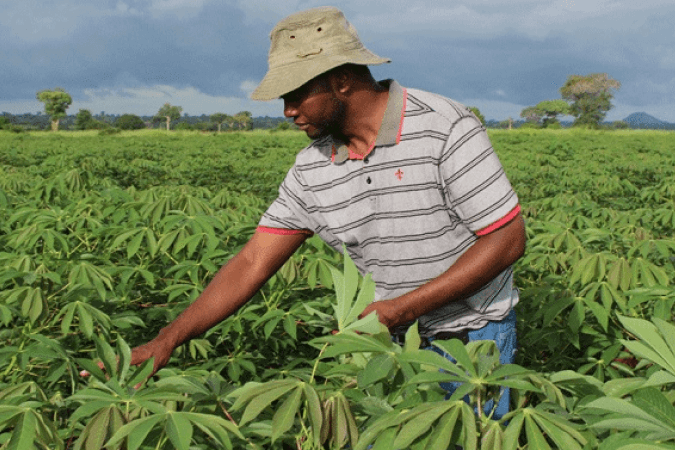Agricultural Programme In Mozambique IELTS Listening Answers With Audio, Transcript, And Explanation
Luyện tập đề IELTS Listening Practice với Agricultural Programme In Mozambique được lấy từ cuốn sách IELTS Cambridge 15 - Test 2 - Section 4 kèm Answer key, list từ vựng IELTS cần học trong bài đọc và Free PDF & Audio Transcript Download với trải nghiệm thi IELTS trên máy và giải thích đáp án chi tiết bằng Linearthinking
👂️ Audio and questions
It focused on a dry and arid region in Chicualacuala district, near the Limpopo River.
People depended on the forest to provide charcoal as a source of income.
was seen as the main priority to ensure the supply of water.1
Most of the work organised by farmers’ associations was done by
.2
Fenced areas created to keep animals away from crops.
The programme provided
for the fences3
for suitable crops4water pumps.
The farmers provided
labour
for the fences on their land.5
The marketing of produce was sometimes difficult due to lack of
.6
Training was therefore provided in methods of food
.7
Farmers made special places where
could be kept.8
Local people later suggested keeping
.9
Agricultural production increased, improving incomes and food security.
Enough time must be allowed, particularly for the
phase of the programme.10
❓ Transcript
🔥 Answer key (đáp án và giải thích)
Giải thích chi tiết
 Xác định từ cần điền là noun chỉ cái được coi là ưu tiên chính để đảm bảo cung cấp nước.
Xác định từ cần điền là noun chỉ cái được coi là ưu tiên chính để đảm bảo cung cấp nước.
 Khi bạn nghe "To support agriculture in this dry region, the programme focused primarily on making use of existing water resources from the Limpopo River"
Khi bạn nghe "To support agriculture in this dry region, the programme focused primarily on making use of existing water resources from the Limpopo River"
>> Để hỗ trợ nông nghiệp ở vùng khô hạn này, chương trình tập trung chủ yếu vào việc tận dụng các nguồn nước hiện có từ sông Limpopo
>> Biết đáp án chuẩn bị vào.
 Sau đó nghe "by setting up systems of irrigation" (bằng cách thiết lập hệ thống tưới tiêu)
Sau đó nghe "by setting up systems of irrigation" (bằng cách thiết lập hệ thống tưới tiêu)
>> Từ cần điền là "irrigation" 


